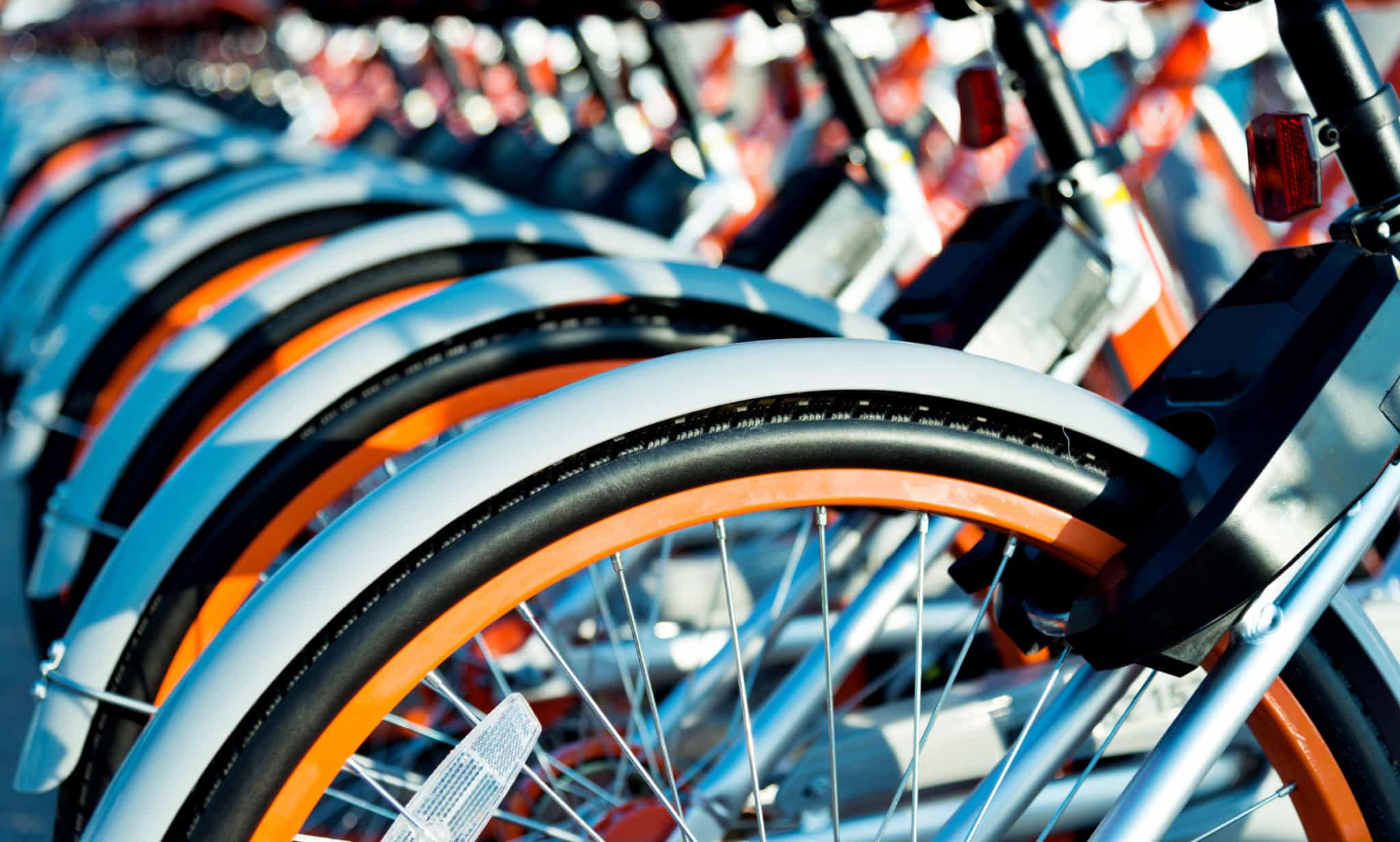
Bike-sharing programs allow tourists and residents to rent a bicycle from a vending-type machine and then return them to any similar machine in the city. They are cropping up in North America these days, though they have been in use for some time in Europe. Often, these programs are established and run by the municipality, but can be owned and operated by a private company too. In some cities, the bikes are motor-assisted and scooter rentals have been introduced too.
Although these bike and scooter sharing programs offer environmentally friendly and convenient transportation, they also create risks when using them. While the municipality will have arguably unlimited liability coverage should it be negligent in any way, a private company may not have insurance. Before using these products, one should therefore consider whether or not the availability of insurance will effect a rider should they become injured in any way, or cause an injury to others.
Who’s Responsible?
If you are injured while operating a bike or scooter, the key question would be: who is responsible? If the injury was caused by another individual, entity or motor vehicle, one would sue that individual, entity, or motor vehicle. If the individual entity or vehicle is insured, the insurer will step up to defend the lawsuit. However, should the wrongdoer not be insured, the user may have recourse through their own insurance, such as automobile insurance, or a government fund, in the event there is no available insurance.
Should the injury be caused by the faulty condition of the bicycle or scooter, there may be a claim against the operator of the rental service. After all, if a device is not properly or routinely maintained, operating the apparatus may be dangerous. It is for this reason that many share programs require the individuals to “rent at their own risk”.
However, this disclaimer needs to be made clear to the renter at the time of renting. When renting, one should always be wary of any waivers that you are obliged to read and sign.If you merely swipe your payment card to rent a bike or scooter, the waiver would likely not apply.
Safety first
Another potential issue to keep in mind is that these services do not provide safety equipment, such as helmets. If helmets are a legal requirement in the municipality where the rider will be traveling, they would be obliged to provide their own – or be liable for not doing so. Should you be involved in an accident, your share of damages will likely be proportionally reduced by your level of contributory negligence for not wearing a helmet. Whether or not these sharing services should make helmets available is a different question. Although, I would surmise that, so long as they properly indicate that they are assuming no risk, and warn the user of the dangers of riding without safety equipment, the vendor would not be liable.
You’re at fault
On the other side of the equation is what happens should you cause an accident or injury as a result of your operation of the bike or scooter. You likely would be sued and, unless you have some available insurance, you would be personally liable for any damages caused by your actions. Accordingly, you should check to make sure that there is third party liability insurance that will cover you if you are in an accident using one of these products.
Bike and scooter vendors often do not have such insurance. If you are not sure, or are a frequent user, you should check with an insurance broker and confirm that you have and/or buy appropriate insurance.
As these sharing programs become more common, incidents involving these bikes and scooters will inevitably happen. If you’ve been in an accident while renting a bike or a scooter and want to better understand your rights and responsibilities, please reach out to me, Michael Henry. I welcome hearing from you. I can be reached at 416-361-0889 or by e-mail at mjhenry@hshlawyers.com.






